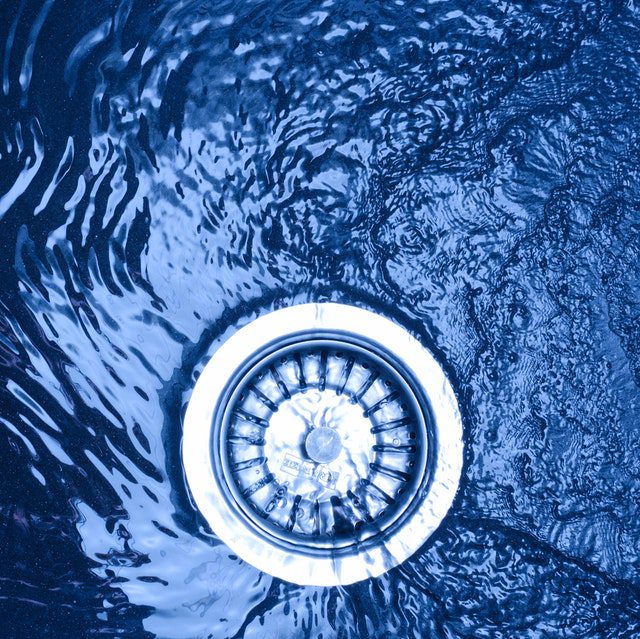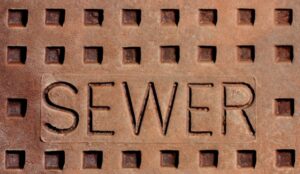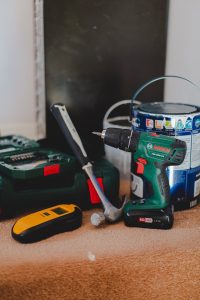There are a variety of reasons why your drains might become clogged. It can happen gradually over time or be a sudden and unexpected event. No matter what the cause, it’s essential to address the clog as quickly as possible to minimize the amount of damage it can do.
More than 50% of residents in Nashua live in homes they own, so when it comes to drain clogs, they have to solve these problems. Having various drain clogs constantly on your property can lessen your property value. The average cost of homes in Nashua is $379,800, and when you’re looking to sell yours, you need to ensure that there are no active drain clogs.
Understanding the most common causes can help you take steps to prevent a clog from happening in the first place. Some drain clogs are more common than others, and you might need to contact a professional plumber Nashua NH, for help.
Table of Contents
Common Causes of Drain Clogs are:
1. Washing Hair
Showers are an excellent way to relax and rejuvenate; however, all that shampooing will eventually lead to clogged shower drains. Because hair is often made up of oil, dandruff, and other potentially dangerous substances, it’s a common cause of the blockage.
2. Sanitary Napkins and Tampons
These items account for a large number of clogged drains each year. They are often difficult to break down and can cause extensive damage if not removed quickly. Even though they’re small, these items can create a big clog.
3. Food Waste
Garbage disposals are a wonderful invention, but only if they’re used properly. When you put food waste down the drain, it can create a clog. Even when you’re only sending small amounts of food waste out with the water, all that extra material can add up and contribute to a clog over time.
4. Soap Scum
The combination of soap, water, and dirt can create a scummy film on your drains over time. This film will eventually clog the drain. To prevent this, make sure to rinse off the soap each time and clean your drains regularly.
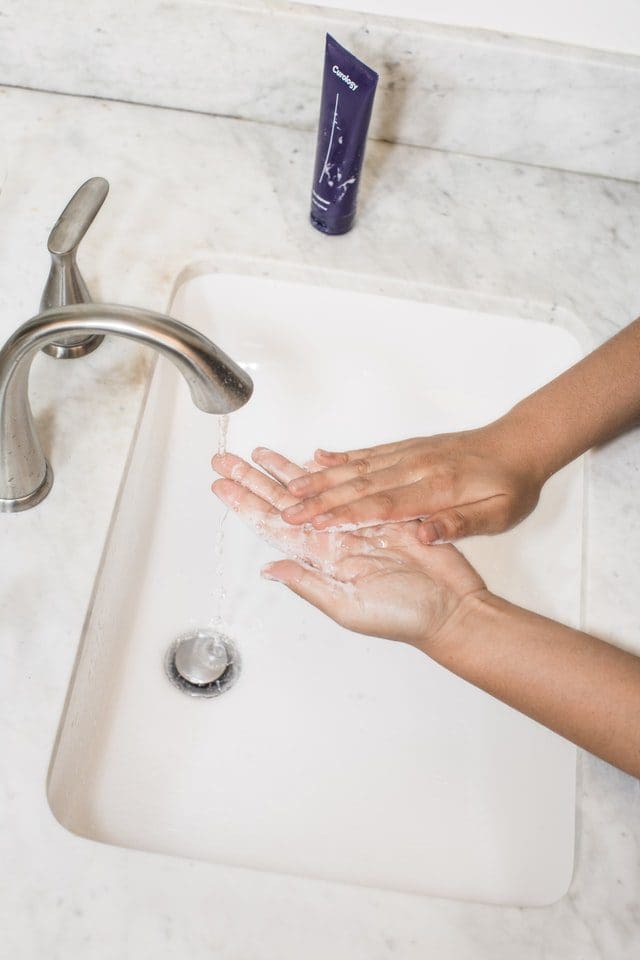
5. Mineral Deposits
If your home has hard water, you’re likely familiar with the buildup of mineral deposits on your faucets and in your pipes. Over time, these deposits can also accumulate in your drains, leading to a clog.
6. Oil or Grease
Oil from cooking can clog your drains if you don’t wipe it out of the sink after every use. The same sort of buildup happens in your drain when you do not clean away fats, oils, and grease after they cool down in a pan. These substances will harden over time and create a clog.
7. Toys
Small toys and other objects can often find their way into drains, especially if the drain is clogged to begin with. These objects can quickly create a more extensive blockage and lead to a full-blown drainage disaster.
8. Tree Roots
If your home is situated near a tree, you might experience problems with clogged drains. Tree roots can grow into your sewer system and cause severe drainage issues.
9. Broken Pipes
A broken pipe can cause water to seep into the surrounding soil and create a wet, soggy mess. It might eventually lead to clogged drains.
10. Poor Drainage
If your home’s drainage system is not working correctly, it can lead to water accumulation in certain areas. It can cause the drain in that area to become clogged by a material buildup. Contact an expert from paigestainless.com.au steel grates if you face this problem.
How to Deal with a Drain Clog
If you find that your drain has become clogged, there are a few steps you can take to remove the clog and potentially prevent it from happening in the future.
1. Run Some Water
You probably should not use a plunger right away, as this could worsen the problem by pushing the object further into the drain and creating even more of a blockage. If water is flowing out of your sink or shower drain freely, it’s likely that the clog is not too far down and can be cleared with a bit of effort.
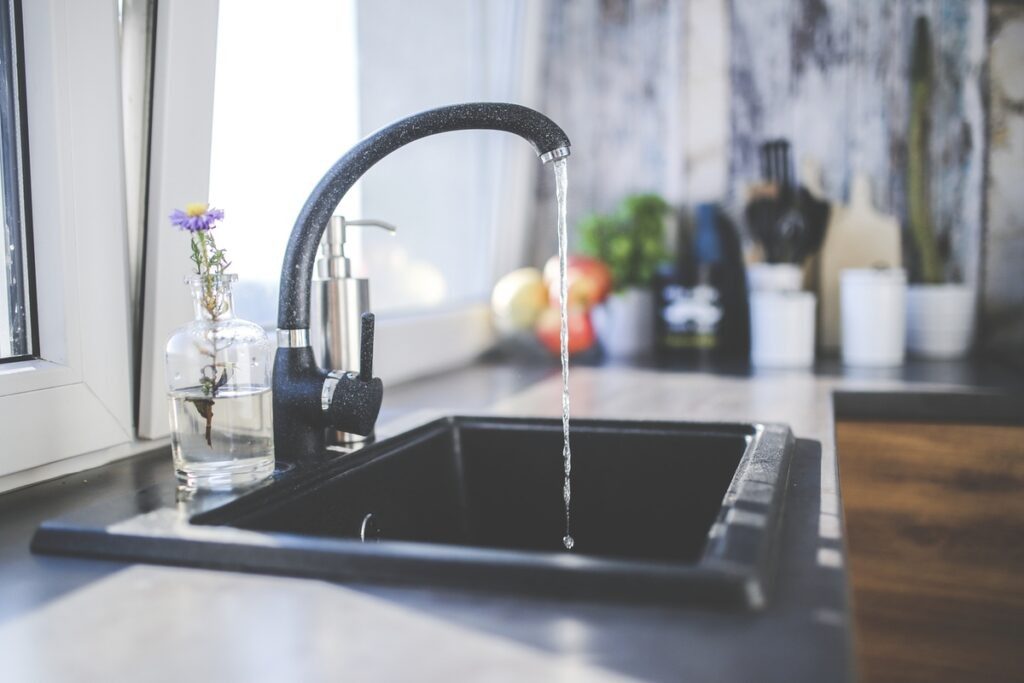
2. Use a Plunger
If water isn’t draining correctly, try using a plunger. Be sure to cover the entire opening of the drain with the plunger and create as much suction as possible. It will help to break up the clog. If it’s a toy or other object getting stuck, this might just push it down into the pipe, where you may have more difficulty extracting it.
3. Make Use of Drain Cleaning Chemicals
Several drain cleaning chemicals are available for purchase at your local hardware store. You can also use a chemical drain cleaner or a baking soda and vinegar solution. It is better to follow the manufacturer’s instructions for the best results.
4. All Your Local Plumber
In most cases, you may have to call your best local plumber in Nashua, NH, to assist with your clogged drain. They’ll be able to send someone out as quickly as possible to address the problem. The professional plumbers have the tools and knowledge to promptly and efficiently deal with your clogged drain that won’t cause further problems.
If you’re experiencing problems with clogged drains, be sure to take action as soon as possible. Not only can a clog lead to backups and water accumulation, but it can also be a sign of a more severe drainage issue. Address the problem to a professional plumber as soon as it arises to avoid more significant inconvenience and expense in the future.
Featured Photo by Damir Mijailovic from Pexels

